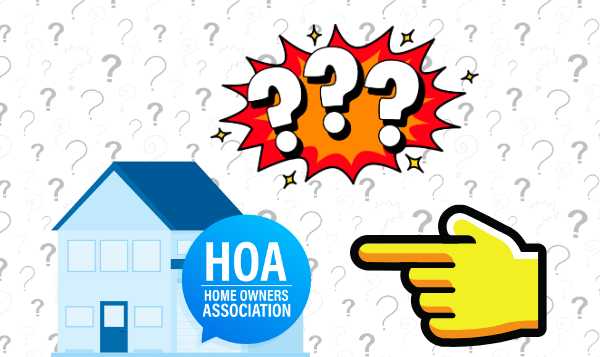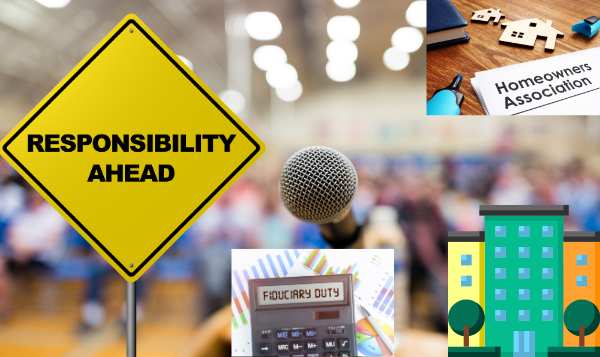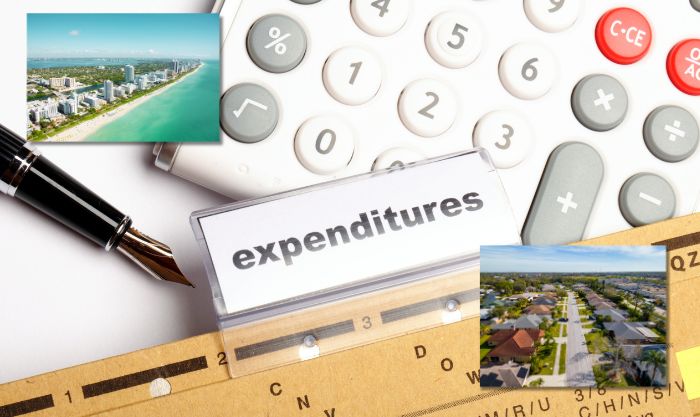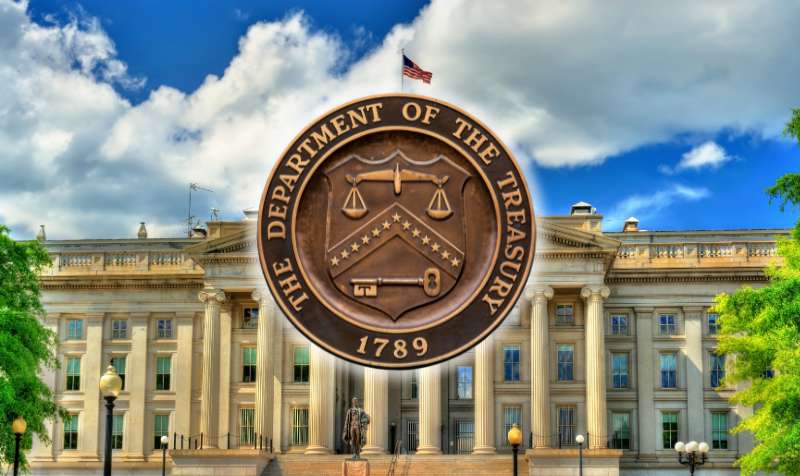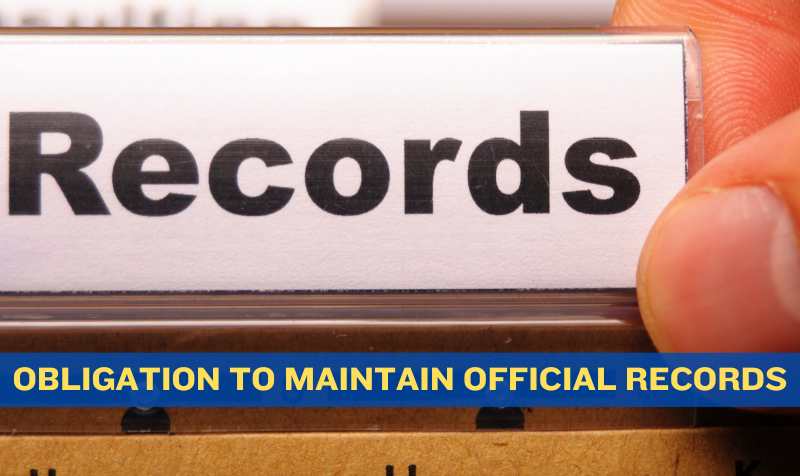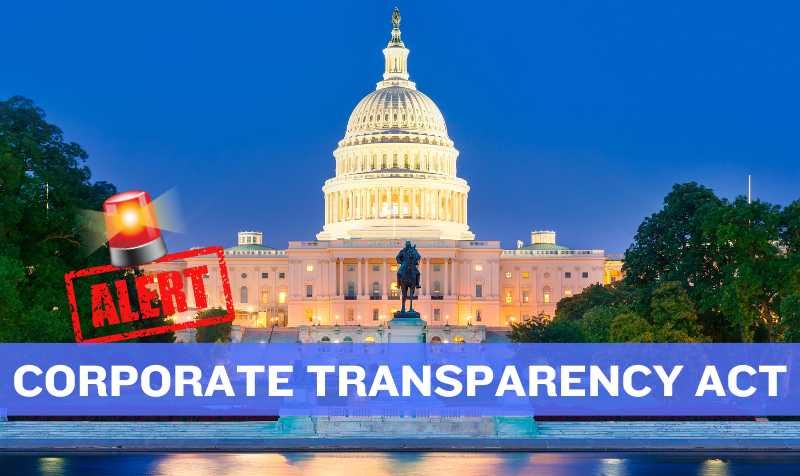Rembaum’s Association Roundup | Jeffrey A. Rembaum, Esq., BCS | Visit HERE
Admittedly there are always two sides to every story. This is why we have the American judicial system to get to the resolution of a matter as decided by the “trier of fact,” be it the judge or jury, after hearing from both the accuser and the accused (or in civil terms, hearing from the plaintiff and defendant). In most civil cases a plaintiff only needs to prove that a particular event was more likely than not to have occurred. This is referred to as a “preponderance of the evidence” standard of proof, meaning that a majority of the evidence favors the plaintiff’s position. But, before the parties can get to that stage, the plaintiff first must sufficiently allege a cause of action against the defendant. If not, then the plaintiff’s lawsuit is subject to being dismissed. Well, that is exactly what happened in the recent federal appellate case of Watts v. Joggers Run Property Owners Association, Inc., 133 F.4th 1032 (11th Cir. 2025), in which the plaintiff, Watts, appealed the dismissal of her case in its entirety by the lower court, the U.S. District Court for the Southern District of Florida.
In the underlying action, Watts alleged Joggers Run of taking unlawful actions against her, her family, and her guests due to their race and brought claims against Joggers Run under both the Fair Housing Act and the Civil Rights Act. Watts accused Joggers Run of selectively enforcing its rules pertaining to parking, pets, yard sales, and penalty fees against her and her family but not against non-Black residents. She accused the association’s president of referring to Black people as “monkeys” and another director of using derogatory, race-based comments. She alleged that she was limited to three minutes when…
Read the full article HERE

